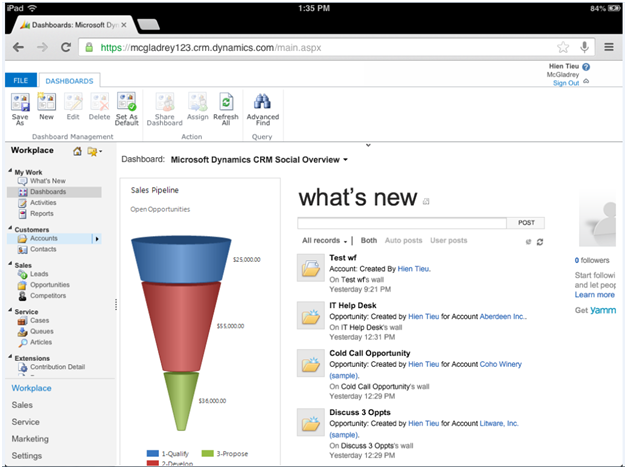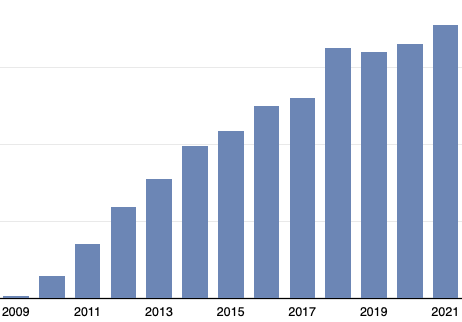

It should be noted that it is the customer as personal data operator of PDIS who is in charge of compliance and shall analyze and assess applicable legal requirements for personal data localization, and at its own discretion, independently determine sufficient measures to ensure that personal data processing in PDIS complies with the Russian personal data law.

All the scenarios provided are available for customers as an additional option to standard business offerings. In cases where the customer would like to use Microsoft services in a system that qualifies as PDIS through its architecture and types of information processed, Microsoft invites its customers to consider, amongst other things, available solutions specified below. Microsoft services available to organizations (including but not limited to educational institutions) (hereinafter referred to as 'customer'), including those enabling personal data processing such as Microsoft Azure, Microsoft 365, Dynamics 365, and Power Platform, are provided from data processing centers located outside of Russia (for more information visit the Microsoft Trust Center).īased on the type and content of information processed by customer information systems, such systems, including those using Microsoft cloud products, may be deemed a personal data information system ('PDIS', 'ISPD'). We also have a selection of expert recommended general books on Russia and Russian Literature.As of September 1, 2015, organizations that are considered personal data operators must ensure that, when collecting personal data, Russian citizens' personal data recording, systematization, accumulation, storage, clarification (updating, changing), and extraction are performed through the databases located in Russia ('personal data localization requirement').

Bringing things up to date, but putting them in their historical context, Edward Lucas discusses Putin and Russian history. Archie Brown chooses his best books on the Cold War and Stephen Lucas considers Soviet Law. Turning to the broader experience of Communist Russia and the Soviet Union, we haver Francis Spufford looking at 20 th century Russia, Robert Service looking at Totalitarian Russia, trying to answer the difficult question of who was worse, Lenin, Trotsky or Stalin. Both of them choose A People’s Tragedy by Orlando Figes. Roland Chambers looks at the Revolution itself, as does Thomas Keneally. Most of our interviews cover book recommendations for post-Revolutionary Russian history, but Andrei Maylunas looks at pre-Revolutionary Russia. Here you can start getting to grips with the best books on Russian history. These personal narratives allow him to look at this period from all points of view – the grand political perspective, the grassroots perspective, a literary perspective, a military perspective.”Ĭhurchill described Russia as a “riddle, wrapped in a mystery, inside an enigma”. He chooses five very different characters: Prince Lvov, who was the prime minister in the provisional government that was formed after the February revolution in 1917 General Brusilov, the tsar’s most gifted general who later joined the Red Army Dmitri Oskin, a peasant soldier the author Maxim Gorky and Sergei Semenov, a reforming peasant leader. One of the great things about this book is that he combines a number of general theses about the revolution with personal narratives. He’s interested in how historical events of the magnitude of the Russian revolution developed out of a number of different social trends.

Its scope is immense….Figes is basically a social historian. “I think that A People’s Tragedy is the most readable and illuminating history of the Russian revolution to be written, using material that only became available to historians following the Soviet Union’s collapse.


 0 kommentar(er)
0 kommentar(er)
